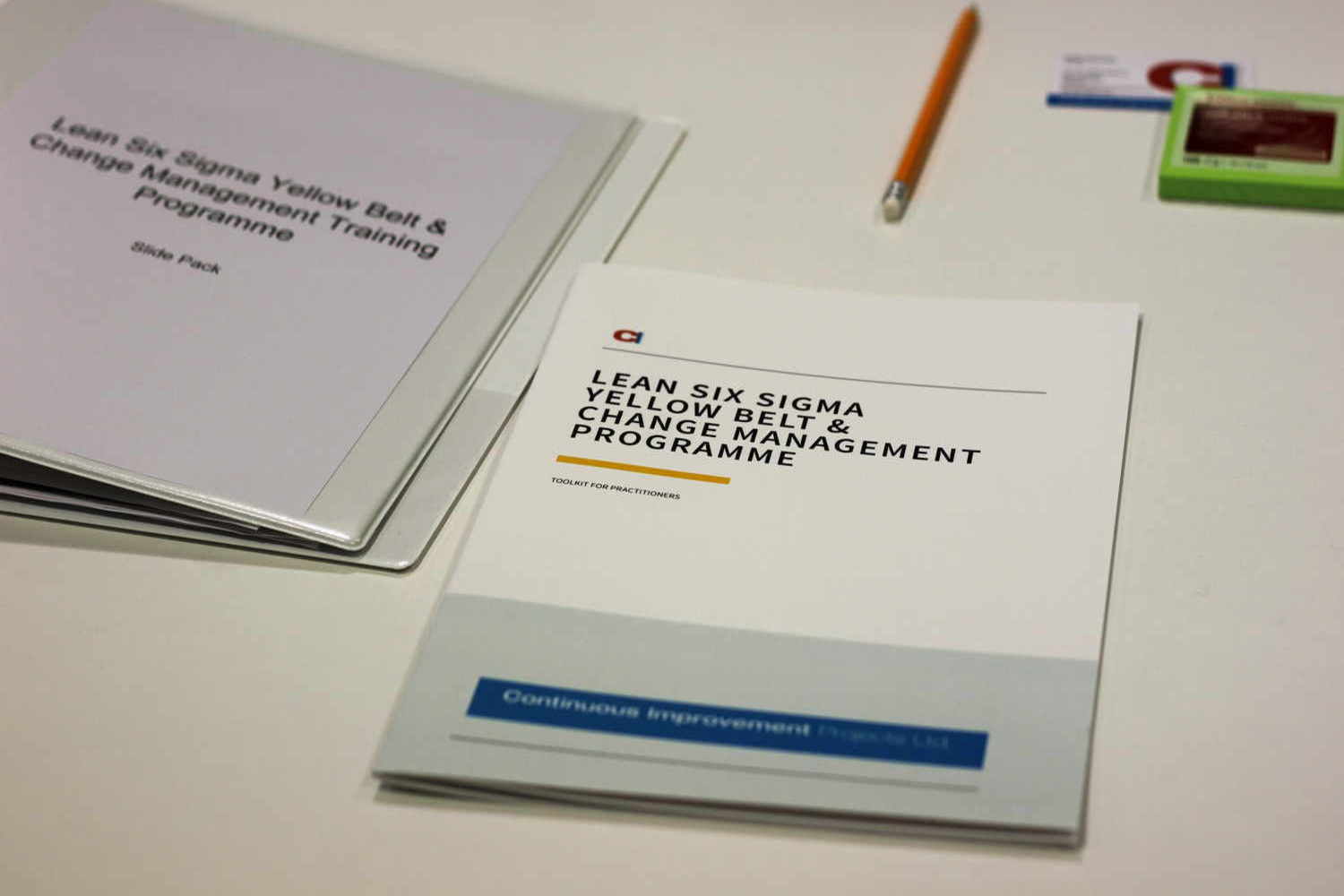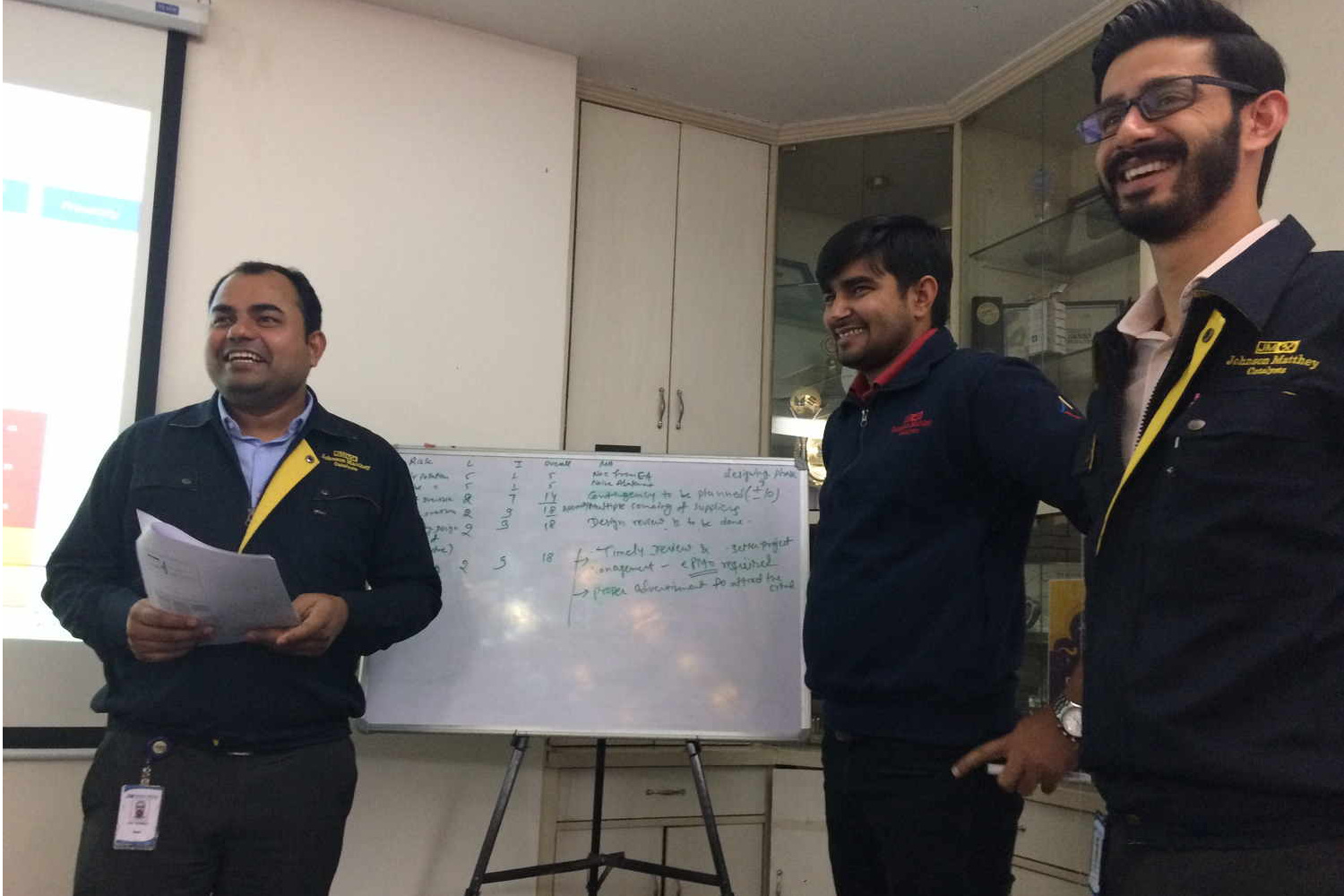Purchase-to-Pay (P2P) Process Improvement
Streamlined the end-to-end P2P process from purchase requisition through to payment, reducing process waste.
How we helped...
Continuous Improvement Projects Ltd were commissioned to carry out a process review to analyse the end-to-end process from a purchase requisition raised through to payment of invoices. As part of this, we needed to analyse the waste in the process and identify opportunities for improvement, using our signature methodology – Lean Six Sigma. The overall objective was to reduce the amount of manual processing, reduce the re-work within the process, reduce the variation within the process and improve the overall process cycle time and subsequently the time taken to pay invoices.
The existing process has many manual components and there were a number of workarounds in place due to ongoing errors in the process and limitations within the current purchasing system which resulted in additional processing time and costs. The process involved a lot of chasing, fault-finding and rectifying, resulting in the team not being able spend time on value-add activities.
Although the time to pay suppliers was above industry standards, there was an opportunity to streamline and automate the process and reduce some of the administrative burden.
We applied the Lean Six Sigma DMAIC methodology (define, measure, analyse, improve, control) to review the current state process and provid recommendations on how to improve the process to reduce the amount of process waste. We had a clear understanding of the problem statement which was reinforced by some industry-benchmarking research, all of which validated that there was room for improvement in the time taken to pay invoices. To understand the ‘as-is’ process in detail, we carried out a number of site visits which included role shadowing and meetings so that we could develop a visual representation of where the waste in the process was. Following this we carried out detailed data analysis and provided data-driven insights to the client on their performance including the cost of process waste (approximately £60k per annum), data trends and insight on backlog. We identified 9 separate spreadsheets that were being manually populated as part of this process to track certain costs such as aborted call outs, hire equipment and consumables purchasing.
Following our process review and data analysis, we developed a number of recommendations which included solutions to further digitise the process, optimise the use of the existing purchasing system, implement non-system related process enhancements and additional enabling recommendations to improve efficiency and reduce process waste. Following the review and approval of the proposed recommendations, we provided Project Management expertise to support the implementation of the agreed changes.
The benefits realised from this project include:
- Over 20 recommendations implemented that improved process efficiency by over 40% and reduced waste
- Recommended solutions resulted in the removal of process waste such as re-work and duplication
- Established a live dashboard to enable data-driven, real-time decision making
- Removal of multiple manual spreadsheets – data being held within the system to enable automated reporting and workflow
- Improved financial control through implementing process controls such as change control restrictions post-payment
Read more about our problem solving solutions here.
Read more Case Studies here…
Lean Six Sigma Training at Bouygues Energies & Services
Delivered Lean Six Sigma training across several operating units, covering all levels from graduates to senior leadership, equipping their staff with the tools, principles and methods to drive continuous improvement in-house. Read More..
Portfolio Management Tool Implementation at Johnson Matthey
Led the global implementation of a Project and Portfolio Management tool across a £1m+ Capital Projects Portfolio, allowing for precision measurement and continued growth. Read More..
Service Relocation & Improvement at London School of Economics
Relocated core operational activities from New York to London and repackaged the portfolio of services, improving the process cycle time by 20% and the overall customer experience. Read More..



